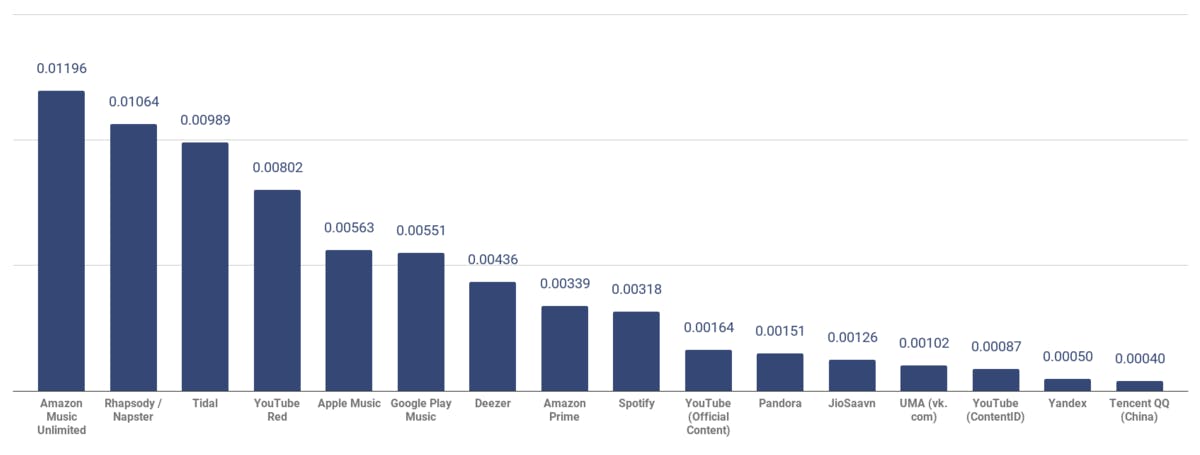The system was always stacked against indipendent artists.Your argument is valid, unfortunately the system is stacked against independent artists the most since some of them have the ability to publish via a record label. Few months ago i remember seeing a price breakdown of what the major platforms payout per stream and it was diabolical at what the rate was.
You sign with a label, they give you an advance, you record your music, they market and distribute your output. Without marketing and distribution indipendants didn’t have the chance then, they don’t have now. Nothing has changed other than you are now interested on how small artists are paid.
That diabolical number is the same for all artists (give or take). If people know you (via marketing) your music is sold and your royalty check is large. That’s why only a few acts are rich, the rest have to do other jobs for a living.


